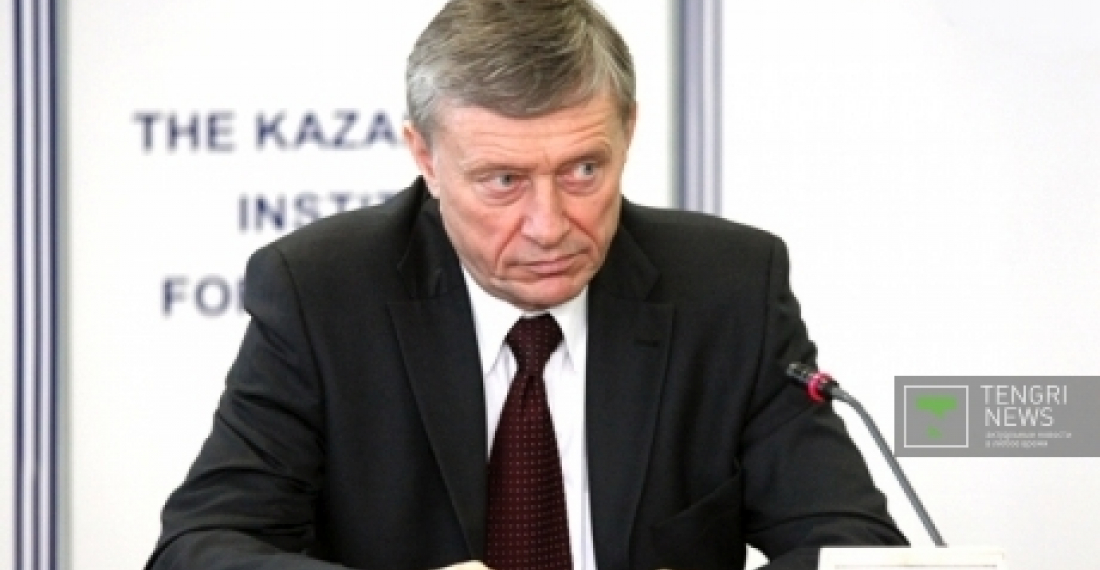Военная операция против Ирана со стороны США и их союзников потрясет весь огромный регион со всеми вытекающими отсюда катастрофическими последствиями. Об этом 21 февраля заявил генеральный секретарь Организации договора о коллективной безопасности Николай Бордюжа в ходе видеомоста Ереван-Москва.
"Дестабилизация региона в результате удара по Ирану произойдет в политическом, экономическом, военном, экологическом и миграционном аспектах. Мы всегда говорили, что категорически возражаем против применения силы и даже мысль об этом для нас неприемлема. Мы надеемся, что здравый смысл все же возьмет верх, и нам удастся избежать подобной катастрофы", - отметил Бордюжа. В то же время он добавил, что в ОДКБ разрабатываются возможные сценарии действий в случае удара по Ирану и возникновения в результате этого потока беженцев.
Напомним, что страны ЕС приняли решение о введении новых санкций против Ирана, связанных с его ядерной программой. По мнению европейцев, Тегеран по-прежнему не желает сотрудничать с международным сообществом по вопросам, связанным с развитием атомной программы. В ответ на решение ЕС ввести запрет на импорт иранской нефти Тегеран пригрозил перекрыть Ормузский пролив. США в свою очередь уже заявили о своей готовности воспрепятствовать этому при помощи военного флота. Вместе с тем, по мнению многих экспертов, удар по Ирану может быть нанесен уже в июне этого года.







